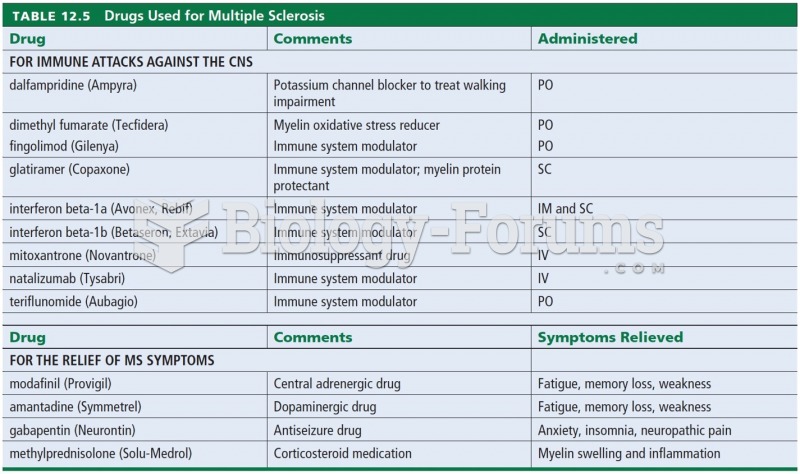|
|
|
The first war in which wide-scale use of anesthetics occurred was the Civil War, and 80% of all wounds were in the extremities.
The familiar sounds of your heart are made by the heart's valves as they open and close.
The FDA recognizes 118 routes of administration.
For pediatric patients, intravenous fluids are the most commonly cited products involved in medication errors that are reported to the USP.
Anesthesia awareness is a potentially disturbing adverse effect wherein patients who have been paralyzed with muscle relaxants may awaken. They may be aware of their surroundings but unable to communicate or move. Neurologic monitoring equipment that helps to more closely check the patient's anesthesia stages is now available to avoid the occurrence of anesthesia awareness.






